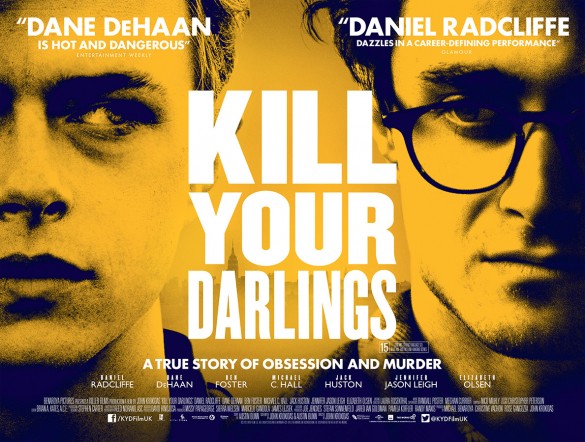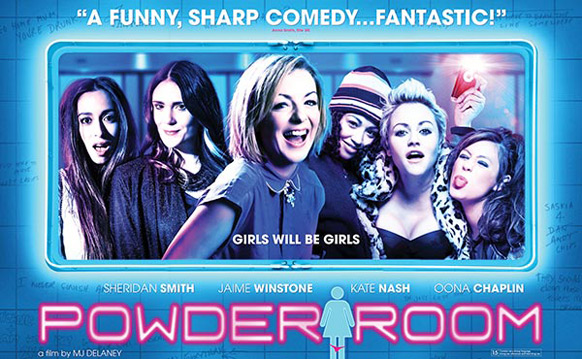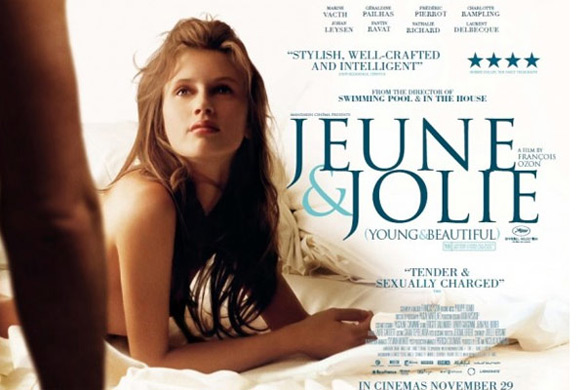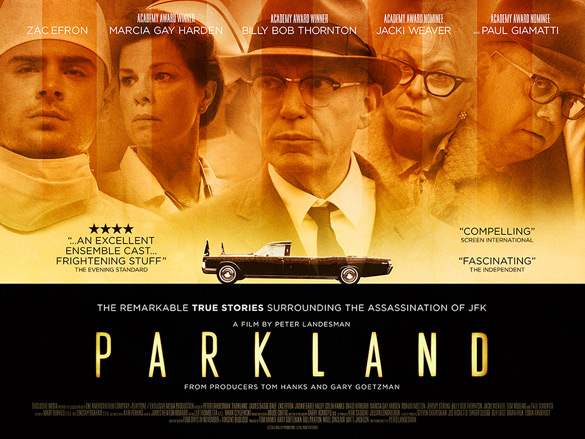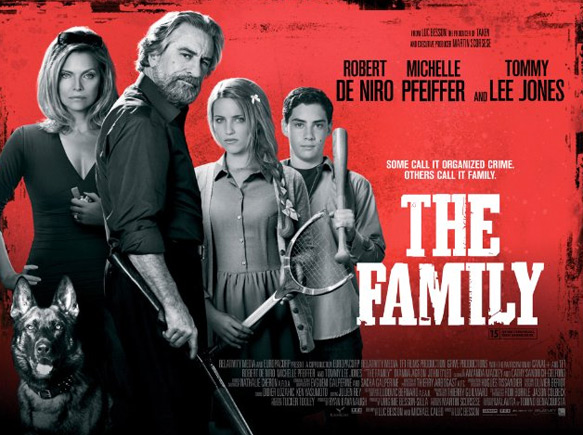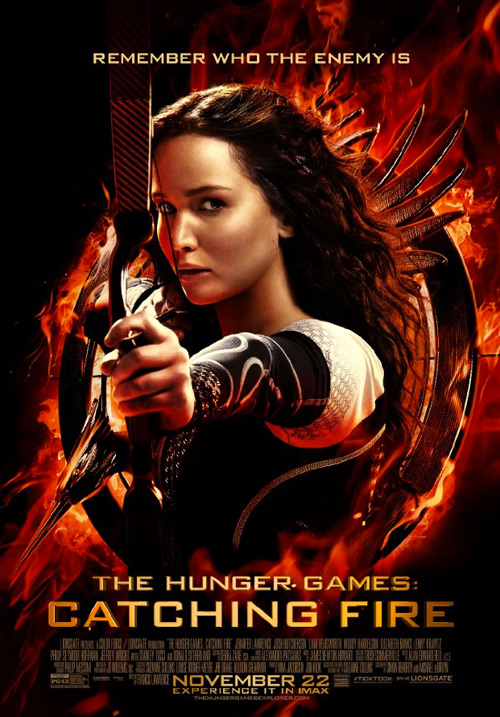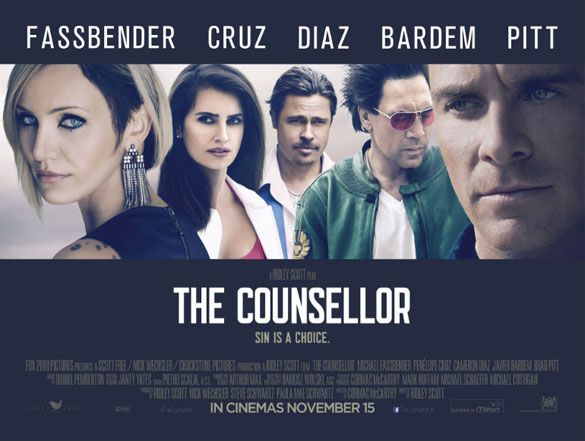LFF 2013: Kill Your Darlings ***
You don’t have to know anything about poet Allen Ginsberg to appreciate the rocky path to notoriety Kill Your Darlings portrays, and this is more ‘murder-he-wrote’ in a crime caper way, with the culprit already known. What is acknowledged is how Harry Potter’s Daniel Radcliffe is forever recreating himself from the child role he will be forever known for, playing the gifted and gullible Ginsberg. The poet lives by the pen in this, as we fully appreciate the creative young blood’s craving for uniqueness and full of student ideals. It’s another thrilling performance from Radcliffe, though controversial for some fans – think Equus.
After a murder in 1944 in New York, the great poets of the Beat generation, Ginsberg, Jack Kerouac (Jack Huston) and William Burroughs (Ben Foster), react to the fallout that concerns their complex but charismatic friend Lucien Carr (Dane DeHaan).
This has the same hungry adventure and free will running through it as, say, Dead Poets Society (1989) or the more recent The Social Network (2010), where young and privileged minds are engaged and active for experimentation, coming up against the usual engrained institutional practices. Radcliffe fully embodies young Ginsberg and his passion for writing and living in the moment. Foster is utterly exquisite as the eccentric Burroughs, mumbling away in a conceited manner. However, the enigma is Chronicle’s DeHaan who plays out Carr’s internal struggles with a tour de force in this, captivating the screen with his steely gaze, and making Carr a man of bewitching stature.
This cerebral script could be accused of being a trifle self-indulgent from co-writer and debut director John Krokidas, a sort of personal achievement and study of the indulgences and work of this key generation. His passion gets embroiled in the wordy dialogue, though his cast is fascinating to watch, as is the consequences of youth thinking they are invincible. There is always a healthy, looming doom present, however upbeat the circumstances with its boisterous college partying. It’s the impending hangover to the party of all parties, and that chilling momentum is what drives film.
Radcliffe plays a key role as Ginsberg, but is never placed on a waiting podium of awe by Krokidas – he keeps his characters crashing back to earth as much as possible. However, for some, even the chance of seeing the Harry Potter actor flex his acting muscles again could prove challenging, especially as the director is forever keen to bathe us in poetry and the razzmatazz of the scene.
3/5 stars
By @FilmGazer

